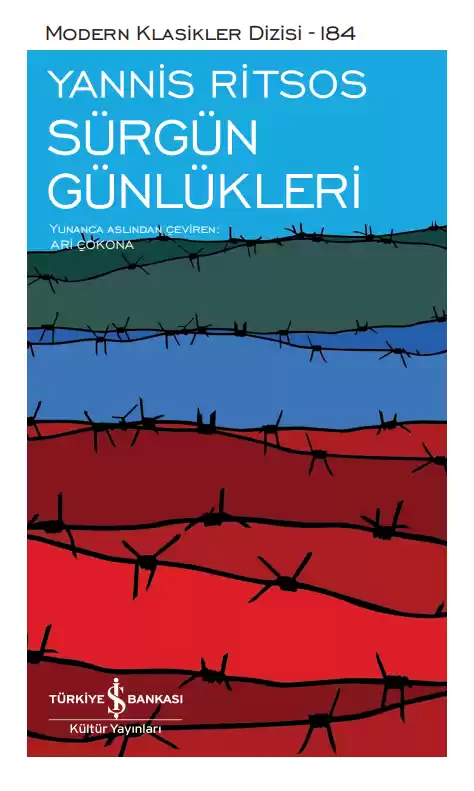What do you think?
Rate this book


114 pages, Hardcover
First published January 1, 1975
"January 26"
I want to compare a cloud
to a deer.
I can't.
Over time the good lies
grow few.
Things are simpler than we thought
so much so that we are sometimes startled; we stand
looking and smiling precisely there where we pressed our nails into our palm.